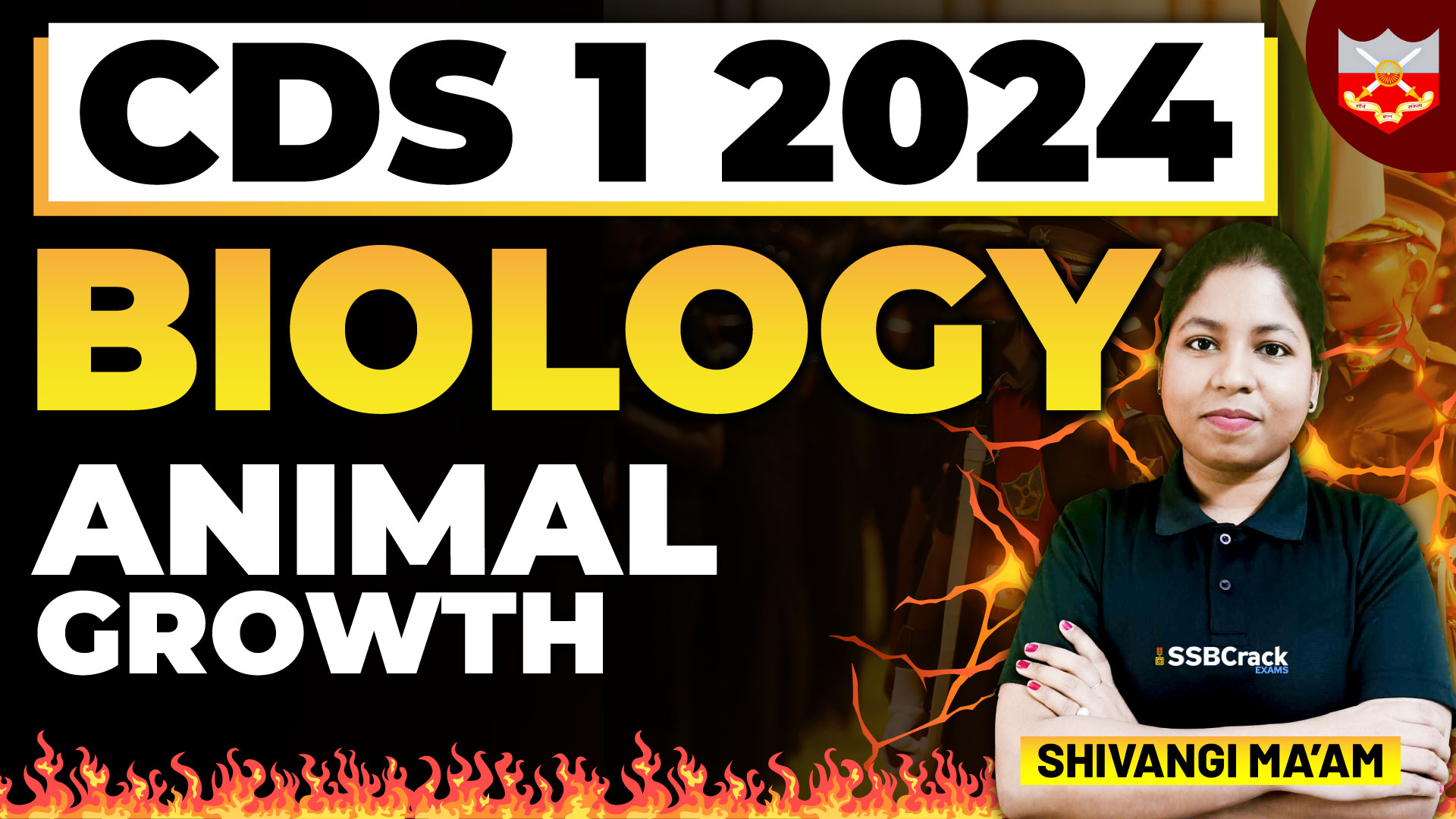In the realm of understanding the intricate mechanisms governing animal growth biology, the recent lecture at CDS 1 2024 has shed light on key insights. Delving into the fundamental processes that dictate the growth and development of animals, the lecture provided a comprehensive overview of various biological aspects crucial for comprehending this complex phenomenon.
Understanding Growth Biology: Growth biology in animals encompasses a multifaceted interplay of genetic, environmental, and physiological factors. At its core, it involves intricate signaling pathways, hormonal regulation, and cellular processes that orchestrate the progression from a single cell to a fully formed organism.
Insights from the Lecture:
- Genetic Determinants of Growth: The lecture emphasized the pivotal role of genetics in shaping an animal’s growth trajectory. Through an exploration of genes involved in growth regulation, attendees gained insights into how variations in genetic makeup influence growth patterns and potential.
- Hormonal Regulation: Hormones play a central role in coordinating growth processes in animals. The lecture elucidated the functions of key hormones such as growth hormone, insulin-like growth factors, and thyroid hormones in regulating cell proliferation, differentiation, and overall growth.
- Nutritional Influences: Nutrition serves as a critical determinant of animal growth and development. Attendees learned about the importance of balanced diets containing essential nutrients, vitamins, and minerals for supporting optimal growth rates and overall health.
- Environmental Factors: Environmental cues exert significant influence on animal growth biology. From temperature and humidity to social interactions and stressors, the lecture highlighted how environmental factors can modulate growth responses through epigenetic mechanisms and physiological adaptations.
- Developmental Processes: Understanding the intricacies of embryonic and postnatal development is paramount in deciphering animal growth biology. The lecture provided insights into developmental milestones, tissue differentiation, and organogenesis, offering a holistic perspective on the journey from conception to maturity.
- Applications in Livestock Management: The knowledge gleaned from the lecture holds practical implications for livestock management and agricultural practices. By leveraging insights into growth biology, farmers and breeders can optimize feeding regimes, breeding programs, and housing conditions to enhance animal welfare and productivity.
Conclusion: The CDS 1 2024 lecture on animal growth biology offered a nuanced exploration of the underlying mechanisms governing growth and development in the animal kingdom. From genetic predispositions to environmental influences, attendees gained valuable insights into the complex interplay of factors shaping growth trajectories. Armed with this knowledge, researchers, practitioners, and stakeholders are better equipped to unravel the mysteries of animal growth biology and harness its potential for the advancement of agriculture, biotechnology, and beyond.







